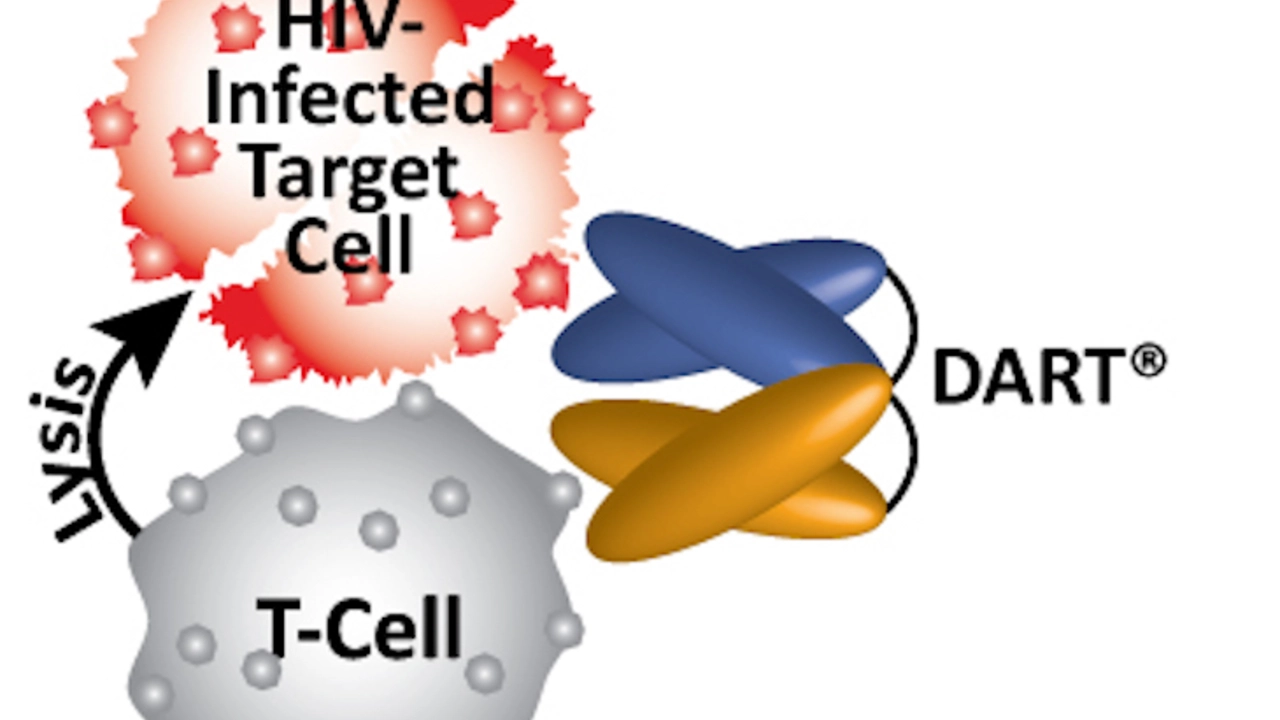Potential Risks – What You Need to Know About Medications & Supplements
Ever taken a pill and wondered if it might do more harm than good? You’re not alone. Most people focus on how a drug helps, but the flip side—possible risks—often gets lost in the hype. Knowing what can go wrong lets you make smarter choices, avoid nasty surprises, and talk confidently with your pharmacist or doctor.
Why Knowing the Risks Matters
Every medication has a label that lists side effects, but those warnings are easy to skim over. When you understand the real‑world impact—like how an antibiotic can stir up gut trouble or why a supplement might clash with blood thinners—you’re better equipped to catch problems early. Spotting a risk before it becomes a crisis saves time, money, and sometimes even your health.
Common Risk Categories
Allergic reactions: Even “safe” over‑the‑counter products can trigger hives, itching, or breathing issues. Keep an eye on any new rash after starting a drug.
Drug‑drug interactions: Mixing two prescriptions isn’t always harmless. For example, taking certain antidepressants with migraine meds can raise blood pressure. Always list every pill you’re on when you see a doctor.
Organ strain: Some drugs put extra load on your liver or kidneys. If you have a history of liver disease, ask whether the medication is cleared quickly enough for you.
Long‑term side effects: Steroids might shrink inflammation fast, but they can also cause weight gain and bone loss over months. Knowing the timeline helps you weigh short‑term relief against possible future issues.
Supplement contamination: Not all supplements are regulated tightly. A batch of “natural” herb powder could contain heavy metals or hidden stimulants. Stick to brands that share third‑party testing results.
When you spot a red flag—like dizziness after a new painkiller—don’t wait for it to get worse. Reach out to your healthcare provider right away. Most side effects are manageable if caught early, and many can be avoided by adjusting the dose or switching to an alternative.
Another practical tip: keep a simple log. Write down the medication name, start date, dosage, and any new symptoms you notice. A quick note on your phone makes it easy to share accurate info during appointments.
Remember, the goal isn’t to scare yourself off all medicines. It’s to empower you with the knowledge that keeps you safe while still getting the benefits you need. By staying alert to potential risks, you turn a passive patient into an active participant in your own health journey.
HIV and Medical Marijuana: Exploring the Potential Benefits and Risks
In my latest blog post, I delve into the complex relationship between HIV and medical marijuana. I explore the potential benefits of using this controversial treatment to alleviate symptoms like pain and lack of appetite, often experienced by HIV patients. But, it's not all roses, I also discuss the potential risks, such as dependency and potential interactions with other medications. As with any treatment, it's vital that the benefits outweigh the risks, and I delve into the current research to give you the full picture. Stay informed, and remember, no treatment should be started without discussing it with your healthcare provider.






